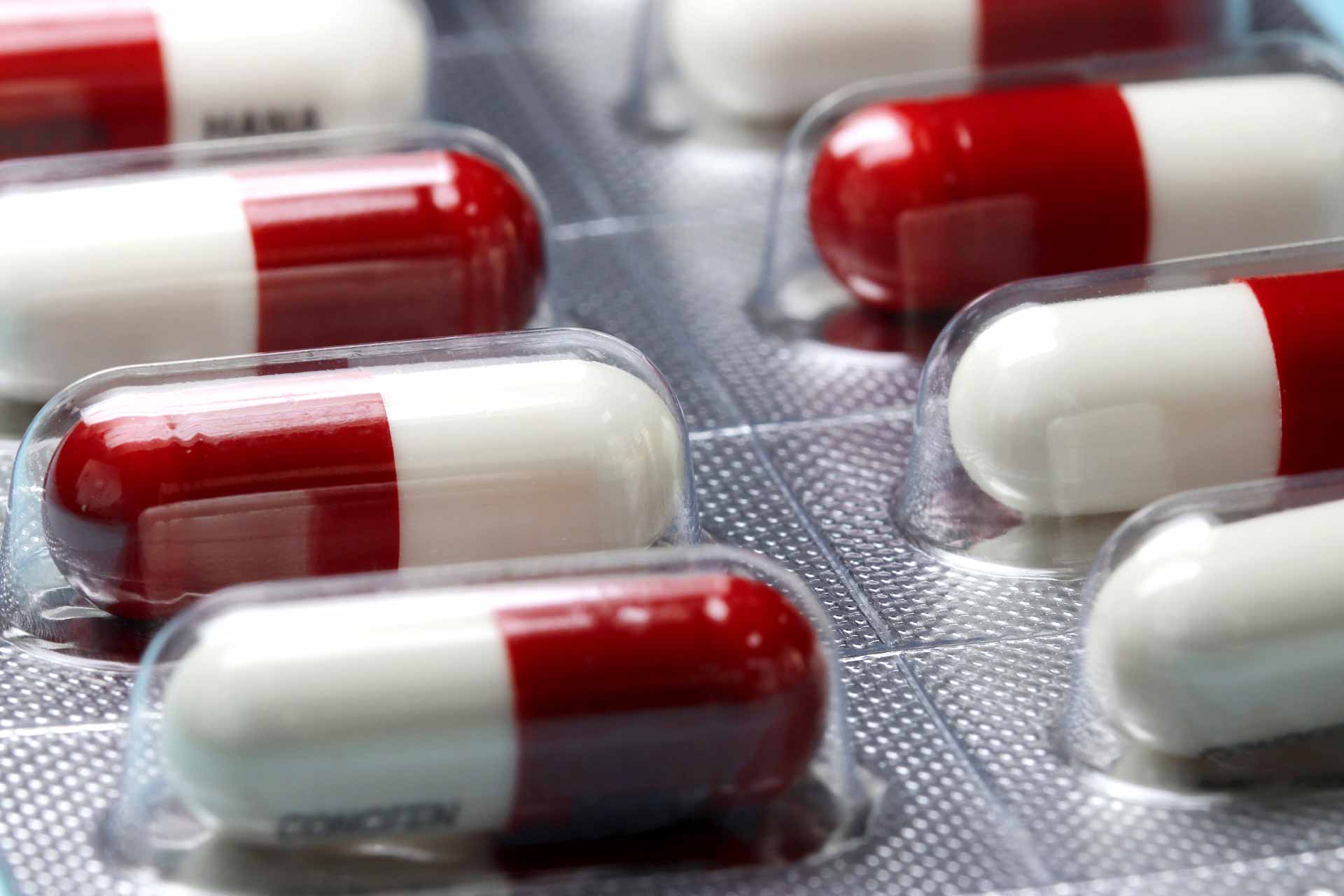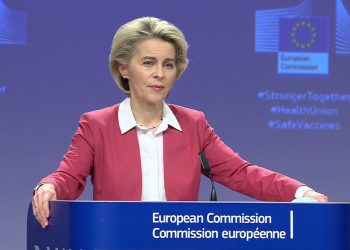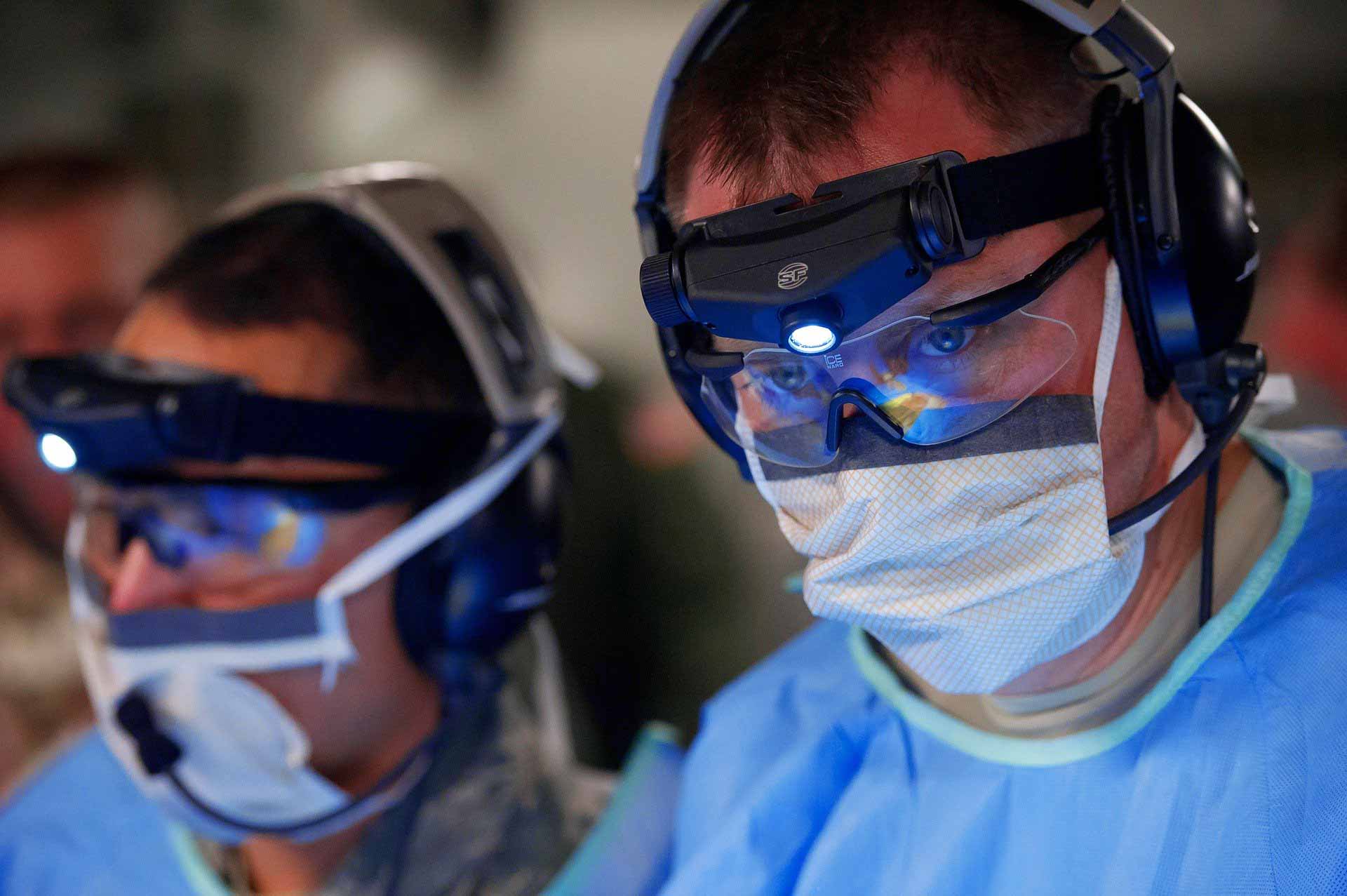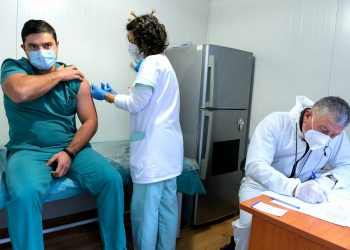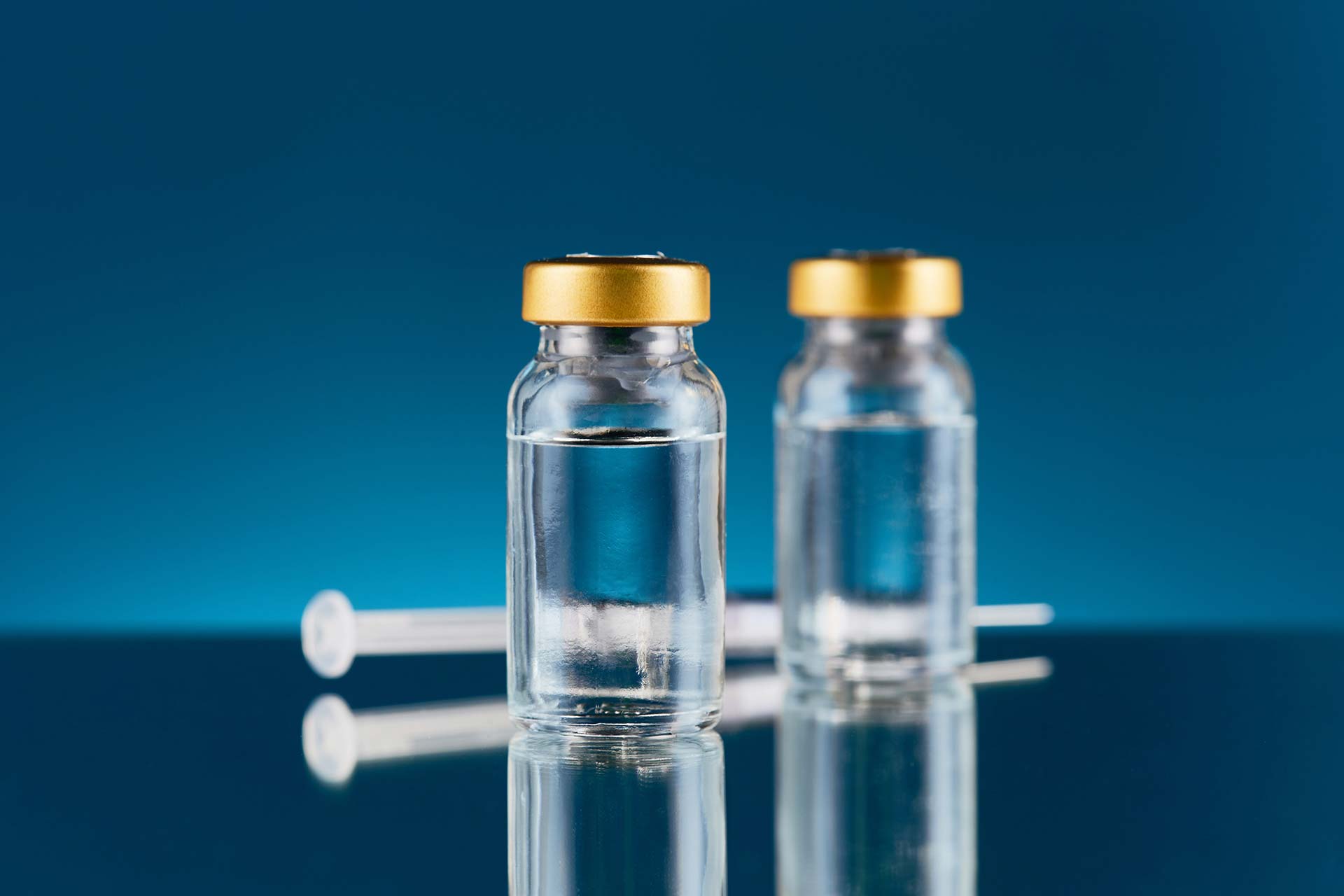People across the EU expect to benefit from equal access to 100% safe medicines, state-of-the-art effective drugs and affordable therapies. Medicines play an important role in this regard, as they offer therapeutic options for diagnosis, treatment and prevention of diseases. Europe’s pharmaceutical sector is a major contributor to the EU economy. EU Pharmaceutical industry creates highly skilled jobs and investment in innovation.
Digitalisation and innovation in the use of real world data open new possibilities in how medicines are developed and used. However, innovative therapies do not reach all patients across Europe quickly. Many patients might not have access to medicines they need due to shortages. The unprecedented coronavirus pandemic further demonstrated how important it is to have a crisis-resistant system and ensure availability of medicines under all circumstances.
At the same time, Europe’s population is ageing and faces a rising burden of diseases and emerging health threats. Moreover, health systems and patients have difficulty bearing the cost of medicines. The EU is also becoming increasingly dependent on third countries. Dependency comes from importing medicines and their active ingredients. Also issues such as Anti-Microbial Resistance and environmental sustainability of medicines is a concern.
EU Pharmaceutical strategy
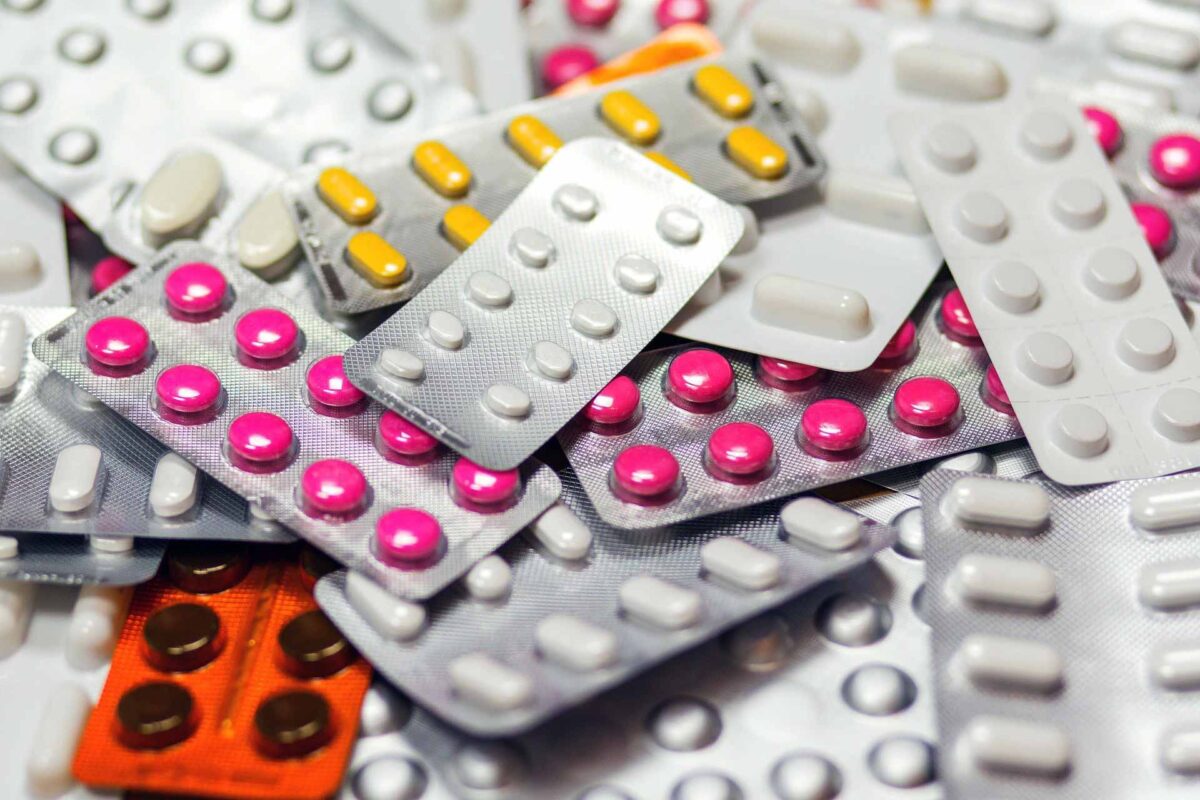
The Commission has adopted a Pharmaceutical Strategy for Europe to ensure patients have access to innovative and affordable medicines. EU will also boost the competitiveness, innovative capacity and sustainability of the EU’s pharmaceutical industry. People across the EU expect to benefit from equal access to safe, state-of-the-art and affordable therapies.
Europe’s Pharmaceutical Strategy has four main objectives:
- Ensuring access to affordable medicines for patients, and addressing unmet medical needs (e.g. in the areas of antimicrobial resistance, rare diseases);
- Supporting competitiveness, innovation and sustainability of the EU’s pharmaceutical industry and the development of high quality, safe, effective and greener medicines;
- Enhancing crisis preparedness and response mechanisms, diversified and secure supply chains, address medicines shortages;
- Ensuring a strong EU voice in the world, by promoting a high level of quality, efficacy and safety standards.
Although the Strategy is much more than a crisis-response instrument, it draws lessons from the initial response to the COVID-19 pandemic. It makes Europe’s pharmaceutical sector better prepared and more resilient. The Strategy presents concrete actions to ensure accessibility, availability and affordability of medicines. It supports diversified and secure supply chains, ensuring the EU’s open strategic autonomy in the world. The strategy also promotes environmentally sustainable pharmaceuticals.
EU’s pharmaceutical policy will continue to serve public health in an ever-changing environment of scientific and commercial transformations. It will support patient centred innovations and accommodate digital and technological change.
Pharmaceutical Strategy for Europe
The Pharmaceutical Strategy for Europe marks the beginning of a process. The implementation includes an ambitious agenda of legislative and non-legislative actions which will be launched over the coming years.
Actions will cover the whole ecosystem of pharmaceuticals, but also some aspects of medical devices. It creates synergies with the Green Deal. Actions under the EU Strategic approach of pharmaceuticals in the environment to reduce their environmental risk, address pollution from pharmaceutical residues and promote greener manufacturing, use and disposal. It has also a link to the action plan on Intellectual Property presented in Brussels.
The flagship actions of the Strategy include:
- A revision of the basic pharmaceutical legislation* (target date for a proposal: 2022) with a view to making this framework future-proof and innovation friendly;
- A proposal for a EU Health Emergency Response Authority (proposal: 2nd semester 2021);
- A revision of the regulations on medicines for children and rare diseases
- Initiating a structured dialogue with and between all actors in the pharmaceutical manufacturing and public authorities to identify vulnerabilities in the global supply chain of critical medicines and shape policy options to strengthen the continuity and security of supply in the EU;
- Cooperation between national authorities on pricing, payment and procurement policies, to improve the affordability, cost-effectiveness of medicines and health system’s sustainability;
- The creation of a robust digital infrastructure, including a proposal for a European Health Data Space (target date for a proposal: 2021);
- Support to research and innovation, notably via Horizon 2020 and EU4Health;
- Actions to promote innovative approaches to EU R&D and public procurement for antimicrobials and their alternatives and measures to restrict and optimise their use.
Members of the College
President of the European Commission, Ursula von der Leyen, stated: “The coronavirus pandemic has highlighted the vital need to strengthen our health systems. This includes access to safe, effective and high-quality medicines at an affordable price. In the challenging economic and social times the EU is currently facing, the strategy adopted today will ensure that Europe and Europeans will continue to benefit from such medicines. I call on Member States and the Parliament to endorse this approach which will be rolled out in the next three years, and beyond.”
Vice-President for Promoting the European Way of Life, Margaritis Schinas, said: “Effective and safe medicines, vaccines and treatments have helped to tackle some of the leading causes of disease and life-threatening illnesses in the past. These products will be crucial to uphold the health and well-being of the European citizens in these challenging times. Today’s strategy supports the EU’s pharmaceutical industry to remain competitive and innovative, whilst addressing the needs of the patients and those of our health systems.”
Stella Kyriakides, Commissioner for Health and Food Safety, stressed: “Today we launch the work to ensure that safe and effective medicines are accessible and affordable at all times and to all patients across the EU. With our Pharmaceutical Strategy for Europe, we are delivering on our commitment to create a future-proof and patient-centred pharmaceutical environment in which the EU industry can innovate, flourish and continue to be a global leader. It is our long-term vision for open strategic autonomy, and our response to the challenges of today and the vulnerabilities exposed by COVID-19. Today we put in place another pillar of the European Health Union.”
European Parliament eudebates the New pharmaceutical strategy
EU must guarantee EU citizens equal access to medicines
Most MEPs welcomed the new strategy, which puts into effect Parliament’s requests to step up efforts to tackle medicine shortages – a problem exacerbated by COVID-19 – and to move towards a more sensible use and disposal of pharmaceuticals in order to prevent risks to the environment and public health.
Several MEPs highlighted the need for all EU citizens to have equal access to high-quality medicines. They emphasised the need to decrease the EU’s dependence on imports of active pharmaceutical ingredients from non-EU countries, namely by increasing their production in Europe and supporting innovation in the EU pharmaceutical industry.
A number of other important issues to be addressed were raised by MEPs, including the development of medicines for the many rare diseases currently without a cure, combatting cancer, antimicrobial resistance, transparency in the supply chains of medicines, joint EU procurement, public-private partnerships, and finalising the health technology assessment legislation.
EU Pharmaceutical industry
The pharmaceutical industry is of key importance for the EU’s economy. In 2019 it invested more than €37 billion in Research and Development (R&D). EU pharmaceutical industry is responsible for 800.000 direct jobs and almost 110 billion € in trade surplus.
800.000 direct EU jobs
At the same time the EU is the second largest market in the world for pharmaceuticals. The EU’s total pharmaceutical spending was around €190 billion in 2018. The overall pharmaceutical sales is even greater when including the medicines used in hospitals.
Medicines Pricing and Financing
Promoting affordable and fair pricing and effective financing
Equitable access to essential, high-quality and affordable essential medicines and other medical technologies depends on affordable and fair pricing and effective financing schemes. Promoting affordable and fair prices and cost-effective interventions is central to the achievement of universal health coverage.
An ‘affordable and fair’ price is one that can reasonably be funded by patients and health budgets. At the same time a fair price for all sustains research and development, production and distribution within a country.
Medicines prices are not static
The ‘price’ of a medicine or a technology is generally a function of markets, and changes over time. Prices can be measured and evaluated as the price paid to the manufacturer, the price paid by the consumer or patient, or prices from suppliers. Typically, a new medicine is launched under patent and may have a high price. High price will be until the patent expires and competition and/or generic products emerge. Prices of generic versions that are registered following patent expiry usually decrease rapidly, often by more than 90% compared to originator brand.
Many countries are unable to benefit from lower priced generics. This happens due to delays with market entry or lack of effective competition. However, public pressure and legal challenges decreased the price of several antiretroviral medicines in countries with high burdens of human immunodeficiency virus before patent expiry.
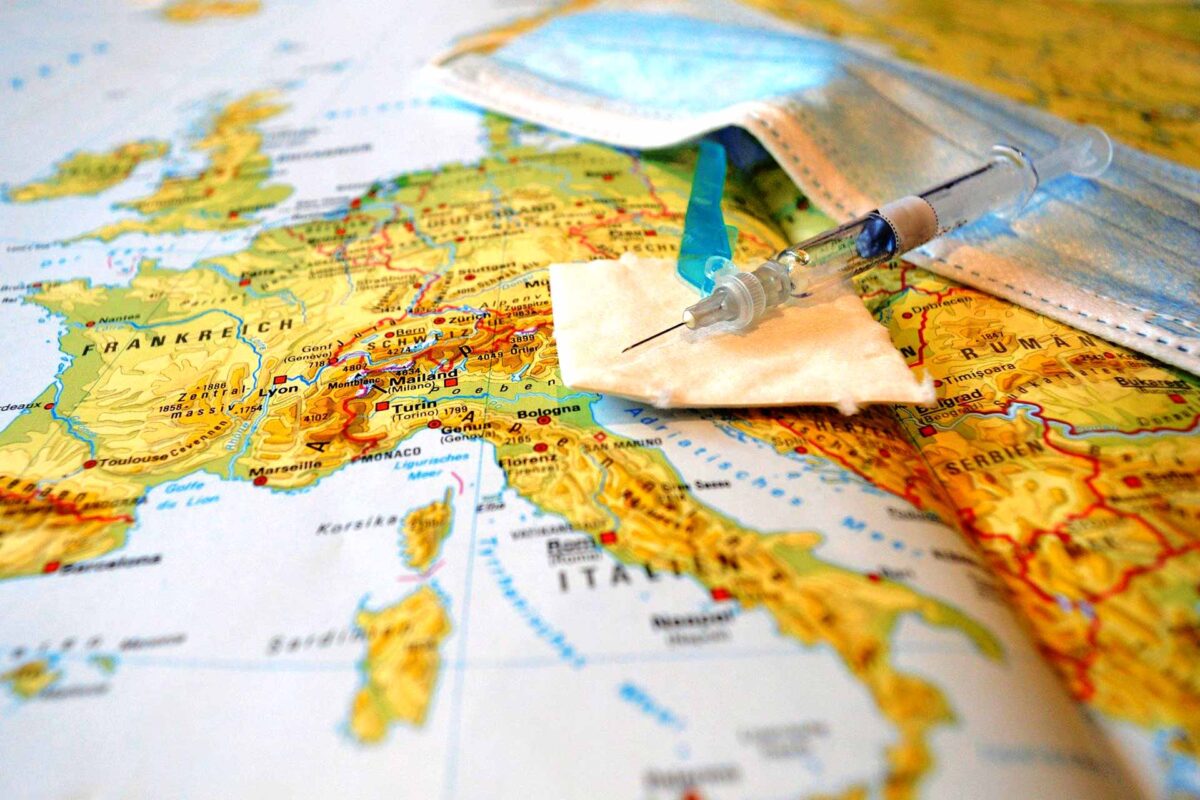
The Commission will support cooperation between national authorities on pricing, payment and procurement policies. This will improve the affordability, cost-effectiveness of medicines and health system’s sustainability. The Commission will also help improving transparency on methods used for establishing the R&D costs of medicines.
The EU is launching the new strategy to improve and accelerate patients’ access to safe and affordable medicines. Support on innovation in the EU pharmaceutical industry is also a benefit.
It will address:
- the life cycle of medicines from R&D to authorisation and patient access
- how to put scientific and technological advances into practice
- how to fill market gaps (e.g. new antimicrobials)
- lessons learnt from COVID-19 on how to better prepare for future pandemics.
Safety of the medicines in Europe
Safety of the EU medicines is 100% ensured. Parallel traders are subject to the same regulatory requirements as manufacturers of the branded or generic pharmaceuticals. Traders have to follow and to undergo regular inspections by the competent authorities.
Parallel distributors must have an EU/EEA wholesale distributor license and apply internal supply controls. This includes product verification, supplier verification and audit. For a company to get the license, it has to meet the requirements set in the EU Good Distribution Practice (GMP) guidelines. This license ensures that the quality and integrity of medicines is preserved in the supply chain. For those companies that also do repackaging, compliance with Good Manufacturing Practice (GMP) guidelines is also required.
Medicines in European Single Market
In the Single Market parallel traders can buy pharmaceuticals in any EU/EEA country. Then under strictly regulated conditions move medicines to the destination market, repackage them to comply with national legislation and linguistic needs. They may also sell them at a lower price than the standard local price, in competition with that same identical product sold by the manufacturer or its local licensee. This is possible because prices of individual drugs vary between Member States.
What is the US FDA equivalent in Europe?
The European Medicines Agency (EMA) is a decentralized agency of the European Union (EU). EMA goal is to promote and protect human and animal health. The EMA does so by the use of medications in European countries. The EMA is the European Union’s equivalent to the U.S. Food and Drug Administration (FDA).
What is European Medicines Agency?
The European Medicines Agency (EMA) is a decentralised agency of the European Union (EU) responsible for the scientific evaluation, supervision and safety monitoring of medicines in the EU. EMA administration has a central independent Management Board.
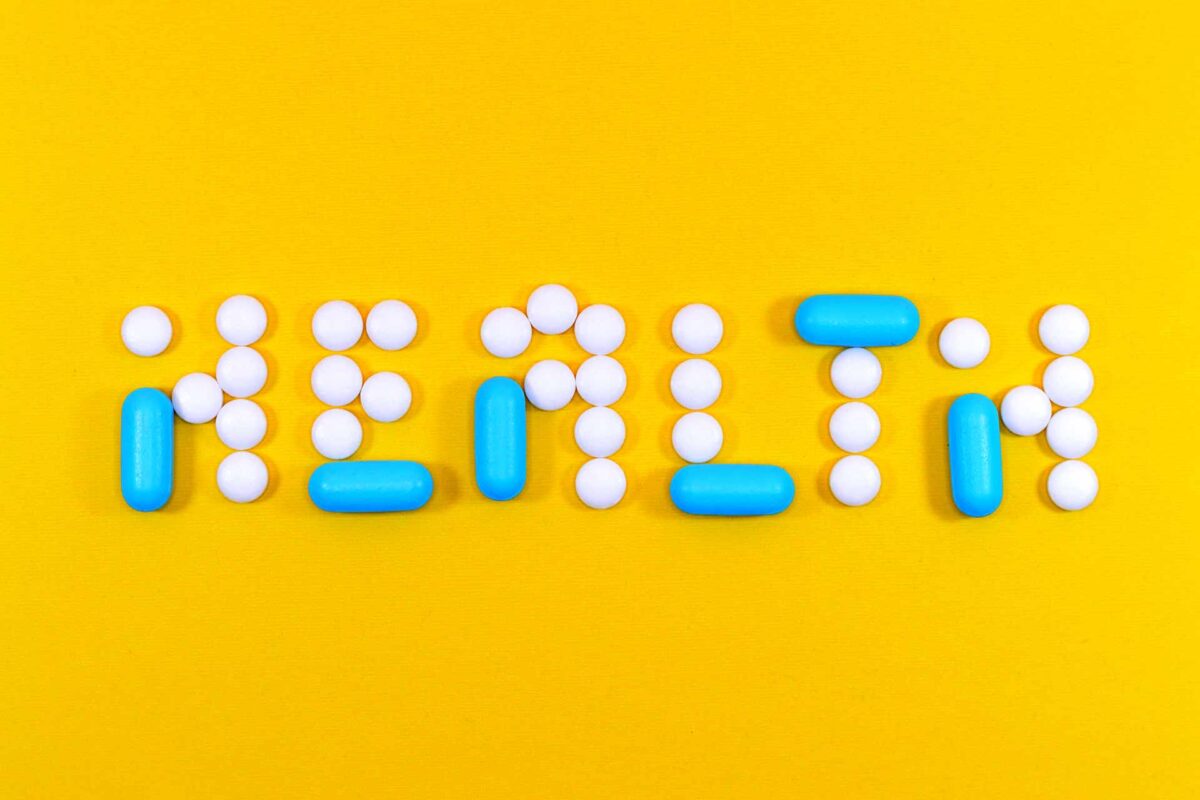
While the medicines sales in the EU have been rapidly growing over the last decade, reaching €189 billion in 2018, the turnover of EU parallel imports has remained stable in the same period around €5.5 billion. In 2018, the sales of parallel imports only represented about 2.9% of the total sales of pharmaceuticals in Europe.
The origin of the parallel imports is quite distributed among the European countries. Most of the parallel imported medicines are sourced in high-income countries.
The EU capacity to deal with such events and the lessons from this pandemic have already been largely addressed in the European Health Union Package adopted by the Commission on 11 November. In the area of medicines, the Commission proposed to strengthen the role of the European Medicines Agency (EMA). The Agency is to serve as a central hub for scientific excellence and coordination to help monitor, quantify and mitigate shortages of crucial medicines during a crisis, to be more efficient and avoid duplication at different levels in the EU.
EU Health Union
The Pharmaceutical Strategy for Europe will complement the Health Union Package. It will assess what further improvements Europe needs in the medium to longer term to address such threats in a more comprehensive and coordinated manner.

